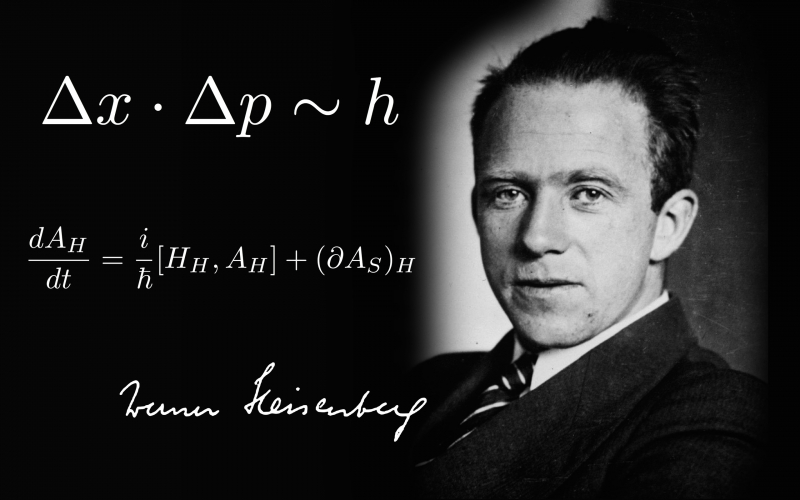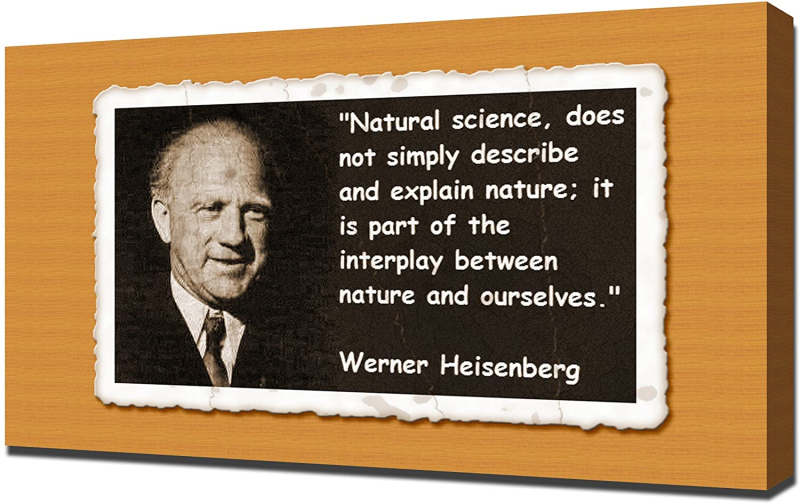Werner Heisenberg

Every chronicle of the evolution of science in the early twentieth century will almost surely reveal that a visit to Germany was mandatory for any ambitious young physicist. Arnold Sommerfeld was a German physicist who rose to prominence as the instructor of a generation of exceptional students.
Sommerfeld decided to write to Paul Epstein, an alumnus who had already become professor of quantum theory at the California Technology Institute, in the summer of 1922: "I predict huge successes from Werner Heisenberg, who I believe is the most brilliant of all my students, including Debye and Pauli." Heisenberg won a Nobel Prize in Physics ten years later for "creating quantum mechanics." The Nobel committee succinctly summarized Heisenberg's accomplishments.
However, why is Werner Heisenberg still controversial a century after his birth? The American scholar Paul Rose casts considerable doubt on Heisenberg's personal morality in his latest study, Heisenberg and the Nazis Atomic Weapon Project. He is characterized as a guy who was "unable to break free of the German anti-Semitic attitude." He is also responsible for scientific misunderstandings.
Years: 1901 - 1976
Achievements:
- Matrix Formulation of Quantum Mechanics
- Uncertainty Principle











